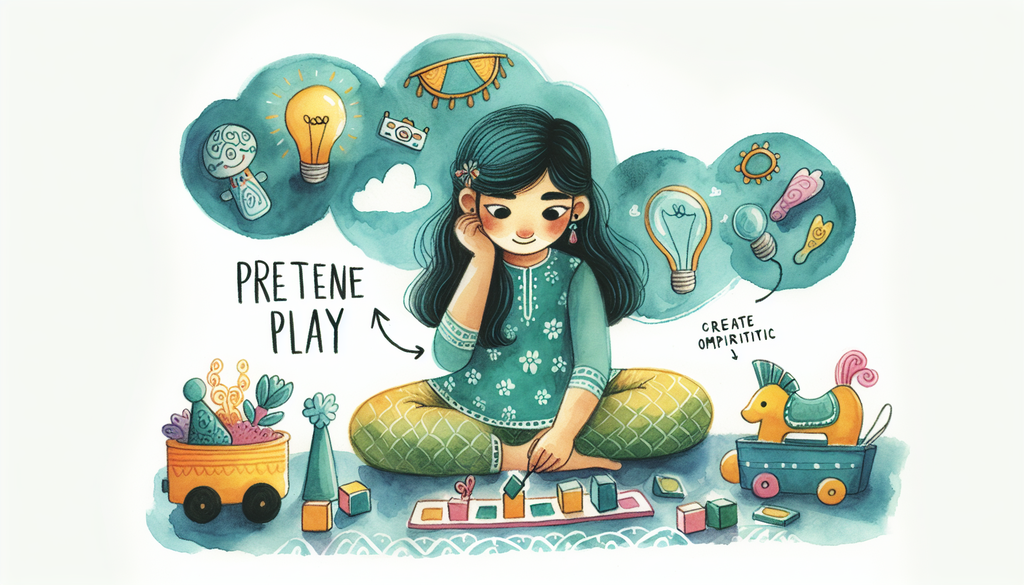The Importance of Pretend Play in Cognitive Development

As parents, we always want the best for our children — ensuring they are healthy, nourished, and learning all the crucial skills during their developmental years. One often-overlooked form of learning happens during what seems like pure fun: children’s pretend play.
As part of this realization, it’s crucial to understand that children engage in pretend play not just for entertainment, but also for their cognitive and social development. This development becomes even more essential when we consider children who may experience developmental delays or require specialized learning environments.
The Power of Imagination
Pretend play primarily involves imagination. When children create make-believe scenarios, they exercise their mental skills like symbolic thought (the ability to use symbols—like words—to denote objects, ideas, or events), problem-solving, and perspective taking.
This anecdote is backed by research. A review by Bergen (2002) outlines the importance of pretend play in cognitive development. Among its findings was that children who encounter opportunities for pretend play tend to develop better cognitive abilities compared to children who don’t.
Pretend play also supports children in making sense of the world around them—a concept known as schema theory as discussed in our post on Cultivating Growth Mindset in Your Child. They recreate scenarios from their experiences, helping them better understand these events and process their feelings toward them.
The Social Aspect of Pretend Play
Pretend play isn’t purely a cognitive exercise. It’s also a social one. Children often engage in pretend play in groups, where they need to negotiate roles, resolve conflicts, and empathize with their playmates. All these contribute significantly to their social development.
Pretend Play for Children with Special Needs and Gifted Children
Children with special needs or those identified as gifted can significantly benefit from pretend play. There are modified techniques and ways to encourage them creatively, as discussed in our post on chosng Extracurriculars for Children with Physical Disabilities.
Children with special needs often have delayed play skills. Pretend play activities can be tailored to promote these skills and enhance their social abilities, which is often a key area of development for these children.
On the other hand, gifted children tend to display advanced play patterns. They sometimes create complicated scenarios with intricate details. This complexity must be encouraged, not seen as mere indulgence. Our post Embracing Complexity: Intellectual Stimulation for Gifted Children provides more insights into nurturing gifted children’s intellectual needs.
Conclusion
While research on pretend play continues to unfold, its importance in promoting cognitive and social development in children is abundantly clear. This development becomes significantly crucial for children with special needs or those identified as gifted. By fostering a conducive environment for imaginative play, we contribute to our children’s overall growth, making their learning journey more engaging and enjoyable.
Always remember, when your child’s imagination blossoms, so do their opportunities for learning and development.